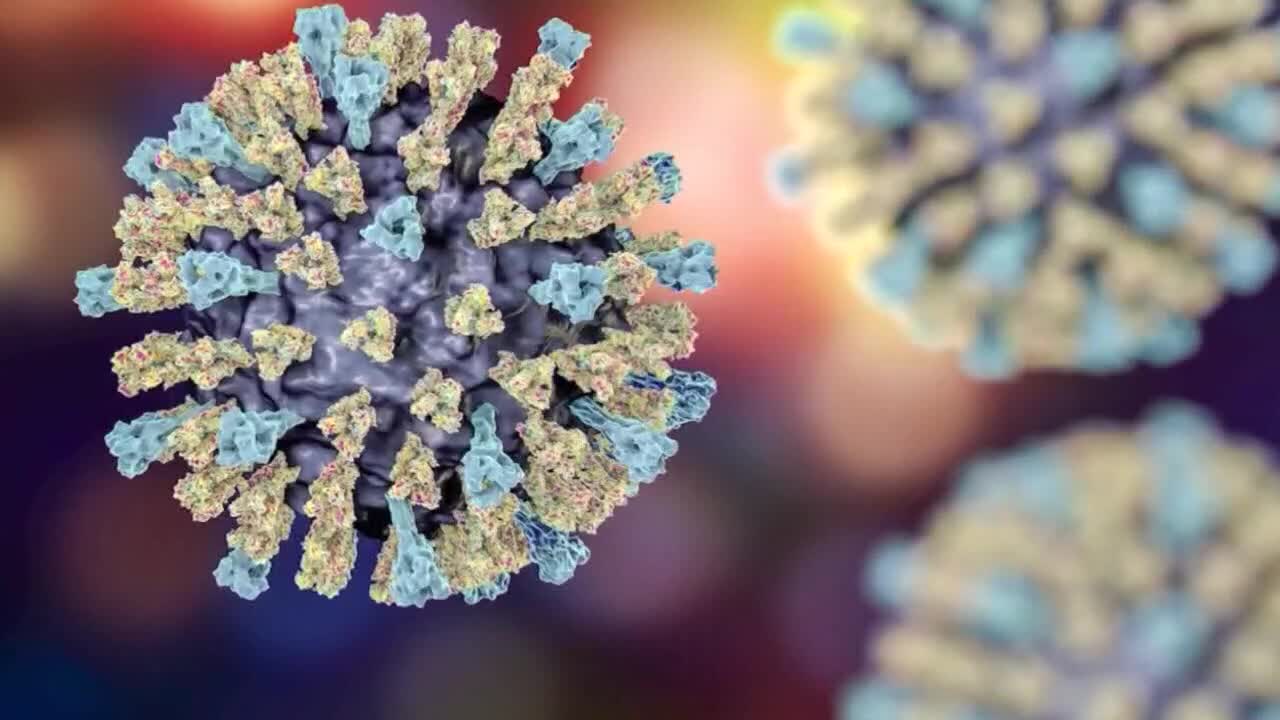STI Surge in England: Health Officials Issue Urgent Warning

Health officials in England are sounding the alarm as rates of sexually transmitted infections (STIs) continue to climb, posing a significant threat to public health. A recent surge in infections, including those resistant to antibiotics, has prompted urgent warnings from the UK Health Security Agency (UKHSA).
Dr. Hamish Mohammed, Consultant Epidemiologist at UKHSA, emphasized the seriousness of the situation, stating, "Levels of STIs in this country remain a big threat to sexual wellbeing. These infections can have a major impact on your health and that of any sexual partners, particularly if they are antibiotic resistant."
Why is this happening?
Several factors are likely contributing to the rise in STI rates. These include:
- Reduced Testing: The COVID-19 pandemic led to disruptions in sexual health services and a decline in STI testing. Many individuals may have delayed or avoided testing, allowing infections to go undetected and spread.
- Changes in Sexual Behaviour: Shifts in sexual activity and partner numbers could also be playing a role.
- Antibiotic Resistance: The increasing prevalence of antibiotic-resistant strains of STIs, like gonorrhea, is a major concern. Treatment options are becoming limited, making infections more difficult to manage and potentially leading to long-term health complications.
The Risks of Untreated STIs
Untreated STIs can have serious consequences for both individuals and their partners. These can include:
- Pelvic Inflammatory Disease (PID): In women, untreated STIs can lead to PID, a painful and potentially life-threatening infection that can damage the reproductive organs.
- Infertility: STIs can cause infertility in both men and women.
- Increased Risk of HIV: Having an STI increases the risk of contracting and transmitting HIV.
- Pregnancy Complications: STIs can be passed on to a baby during pregnancy, leading to serious health problems for the infant.
- Long-Term Health Issues: Some STIs, if left untreated, can lead to chronic pain, neurological problems, and even cancer.
What Can You Do?
Protecting your sexual health is crucial. Here are some important steps you can take:
- Get Tested Regularly: If you are sexually active, get tested for STIs regularly.
- Use Condoms: Consistent and correct condom use is one of the most effective ways to prevent STIs.
- Talk to Your Partner(s): Openly discuss your sexual health with your partner(s) and encourage them to get tested as well.
- Seek Medical Attention Promptly: If you suspect you have an STI, see a doctor or visit a sexual health clinic as soon as possible.
- Vaccination: Consider vaccination against HPV, which can prevent certain types of cancer and genital warts.
The UKHSA urges everyone to be aware of the risks and take proactive steps to protect their sexual health and the health of their partners. Early detection and treatment are key to preventing the spread of STIs and avoiding long-term health complications. For more information and resources, visit the UKHSA website or your local sexual health clinic.





